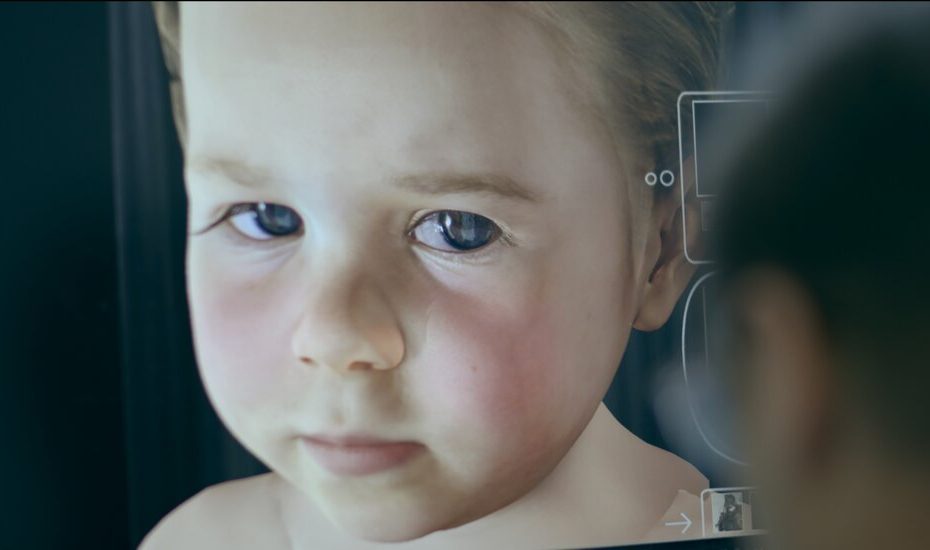In the 1960s, science fiction writer Arthur C. Clarke coined a useful saying: “Any sufficiently advanced technology is indistinguishable from magic.” He was right, as evidenced by the almost mystical reverence with which people describe artificial intelligence tools like ChatGPT. We know it's just software. We even understand a little bit how the program works. But because it's so advanced it feels creepy, like it is know I – we treat it with veneration and a little fear, as if it were a god and not a creation.
And increasingly, we're turning to AI to answer the kinds of questions and fulfill the kinds of desires that religion once solved. That is the subject of the new documentary “Eternal You” (available on demand and directed by Hans Block and Moritz Riesewieck).
As the title suggests, 'Eternal You' is mainly concerned with a very specific use of AI: giving users the illusion that they are talking to their deceased loved ones. Large language models trained on the deceased's speech patterns, chat logs, and more can be created to imitate that person's way of communicating so closely that the grieving feels like they are crossing the line between life and death. These tools can be reassuring, but they are also potentially big business. One of the film's subjects calls it 'death capitalism'.
I first saw “Eternal You” a year ago during its festival run, and when I rewatched it recently I was shocked to realize how much has changed in those twelve short months. We have become acquainted with AI friends and AI partners, or simply adopted them in large numbers. Our social media feeds are now flooded with 'people' who aren't people at all, and Meta has announced plans to systematically create these on their own platforms. The idea that there was a lot of money to be made by letting us chat with an impersonation of a dead person seemed a bit strange to me a year ago, but I'm now pretty sure I was wrong.
The subjects of 'Eternal You' range from survivors to skeptics and software makers. Some people love the experience; others find it deeply disturbing. But what's more interesting are the questions that animate the documentary: not whether it's ethical to talk to the dead, but whether it's ethical for a software company to sell that “wealth.” As Sherry Turkle, the eminent sociologist, notes in the film, AI is a “brilliant device that manages to trick you into thinking there is a there there.”
“Eternal You” isn't really about overcoming death, as it turns out. In a sweeping and somewhat rambunctious way, it's about people's desperation to find meaning in life wherever they can, and how companies rush to fill that gap, inspiring almost religious devotion, even among the professionals who make the making tools. But it also feels like a warning: that's not your loved one on the other side at all – and it's not magic either.

